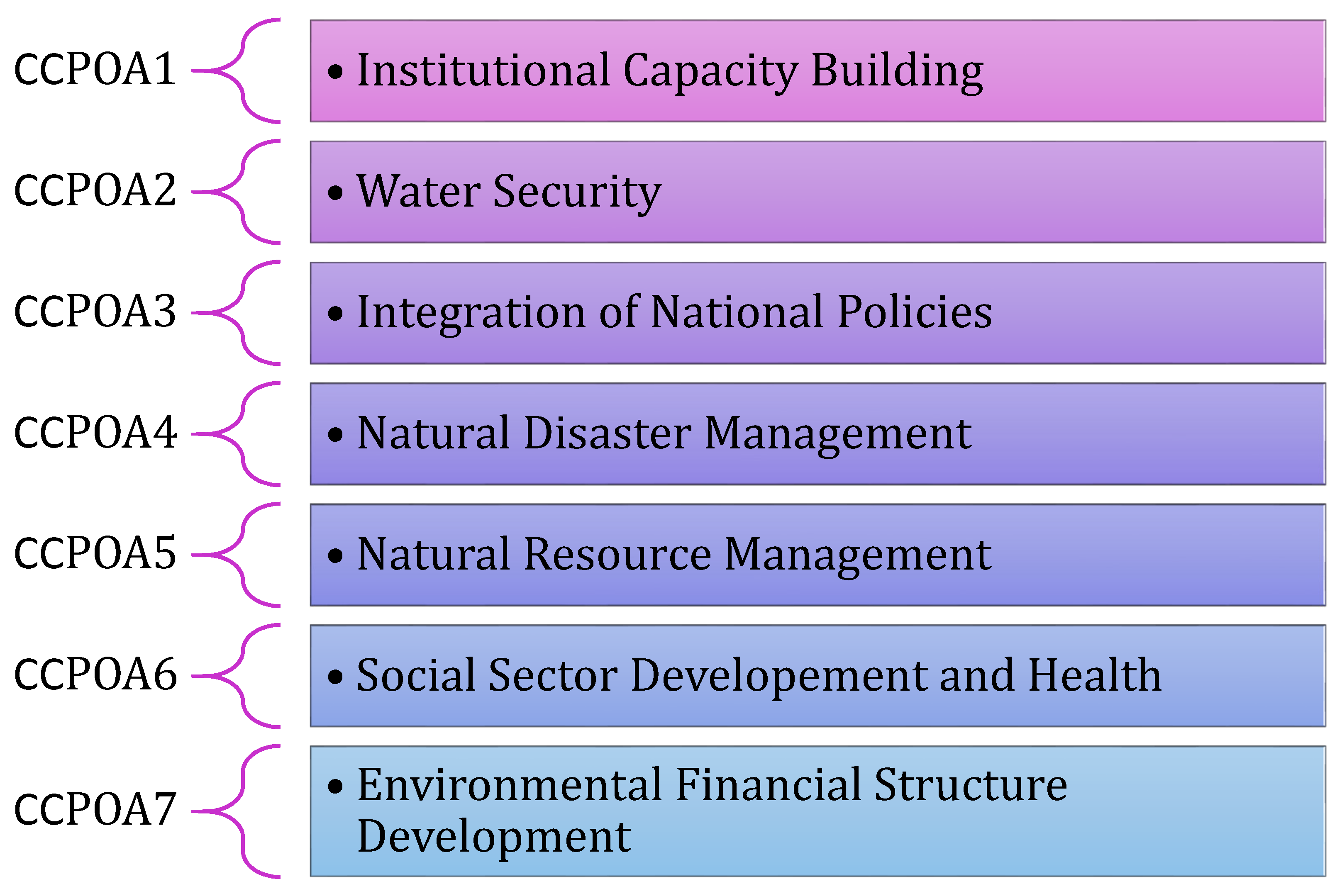CSSInternational Relations-II
Q. No. 3. Give a critical appraisal of Pakistan’s Foreign Policy in perspective of Climate Change. 2021

Pakistan’s foreign policy in the context of climate change can be critically appraised based on several factors:
- Vulnerability and Adaptation: Pakistan is highly vulnerable to the impacts of climate change, including increased frequency and intensity of floods, droughts, and heatwaves. A critical appraisal of Pakistan’s foreign policy would examine the extent to which it effectively addresses the country’s vulnerabilities and promotes adaptation measures. This includes engaging with the international community to access climate finance, technology transfer, and capacity-building support to enhance resilience.
- International Cooperation: Climate change is a global challenge that requires collective action. A critical appraisal would assess Pakistan’s efforts to engage in international cooperation, particularly in forums like the United Nations Framework Convention on Climate Change (UNFCCC), to advocate for its interests, contribute to global mitigation efforts, and secure favorable outcomes in international climate negotiations.
- Mitigation Commitments: Pakistan’s foreign policy should be assessed based on its commitments and actions to reduce greenhouse gas emissions. This includes evaluating the effectiveness of policies and measures implemented to transition towards a low-carbon economy, increase renewable energy deployment, improve energy efficiency, and promote sustainable land use practices.
- Diplomatic Engagements: Pakistan’s foreign policy should be evaluated based on its ability to engage with key international actors and build strategic alliances to advance climate change mitigation and adaptation goals. This includes diplomatic efforts to foster cooperation, technology transfer, and knowledge sharing with other countries, as well as leveraging international platforms to amplify its voice on climate change issues.
- Climate Finance: Assessing Pakistan’s foreign policy in relation to climate change should also include an evaluation of its ability to access climate finance and effectively utilize the funds for climate mitigation and adaptation projects. This involves engaging with bilateral and multilateral partners to secure financial support and ensuring transparent and accountable mechanisms for project implementation.
- Domestic Policy Coherence: A critical appraisal of Pakistan’s foreign policy on climate change should consider the coherence between domestic policies and international commitments. This includes evaluating the alignment between national development plans, environmental regulations, and climate change goals, as well as assessing the effectiveness of institutional arrangements for policy implementation and coordination.
Overall, a critical appraisal of Pakistan’s foreign policy in perspective of climate change would examine its effectiveness in addressing vulnerabilities, promoting international cooperation, fulfilling mitigation commitments, engaging in diplomatic efforts, accessing climate finance, and ensuring policy coherence. It would also consider the country’s role in advancing the global climate agenda and contributing to sustainable development.